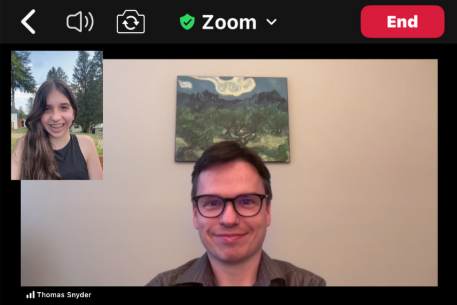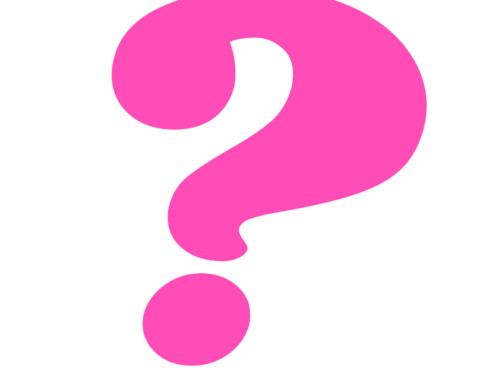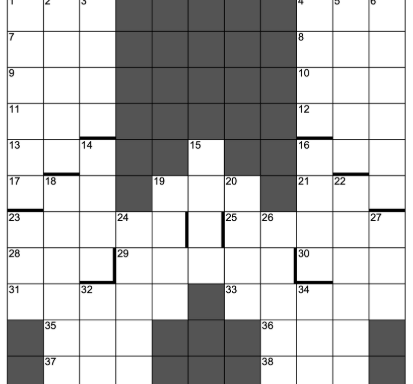From jigsaws to crossword puzzle books to sudoku puzzles to Wordscapes on my phone, Wordle with my friends, and Connections with my family, puzzles have always been a part of my life. But now, thanks to Eunju Namkung—a word game consultant for The Boston Globe and Head of Puzzling at WriCampia—I’ve fallen in love with solving cryptic puzzles and learned how to create cryptograms, wacky word puzzles, and more.
This year at WriCampia, there has been a proliferation of puzzles. There are now featured daily puzzles for The Daily WriCampian that explore a new puzzle each day. The Yearly WriCampian also has a more robust puzzle section. This is a significant improvement on last year’s WriCampia puzzle program, which comprised three days of a Crossword Puzzle elective and a single crossword in the annual paper.
“We have created more structure and explored a greater variety of puzzles, as well as growing the number of both puzzle solvers and puzzle makers,” says Eunju Namkung, a long-time Writopian—one of Writopia’s earliest students, circa 2007—who joined the Newspaper Track staff for the first time this year to cement a relationship between the paper and puzzles. She ran the daily puzzle elective where she introduced a variety of puzzle types to campers, instructing in both solving and creating.
In fact, puzzles have become a common topic of conversation in workshops and in the dining hall. Many workshoppers start their day with daily digital puzzles. A Senior Camp workshop, for example, carves out time to solve the daily Wordle. “Whoever wants to do the Wordle as a creative palate cleanser just has to try to incorporate the solution word into their writing,” said Instructor Lil.
As campers have been solving the daily puzzles that I’ve been writing in the puzzle elective, I’ve had the fun of giving out hints to confused campers, seen my printed puzzles in campers’ hands, and handed lollipops to my triumphant peers. Solving puzzles gives me a sense of immense accomplishment and joy, and through this experience, I have learned that making puzzles inspires a similar feeling.
Puzzles are not only having a moment at WriCampia, but in the world at large. Thomas Snyder is the head of logic puzzles —such as Tango and Queens—for Linkedin, and operates his own puzzle business. He is also a puzzle champion, including three victories at the World Sudoku Championships. He finds that puzzles are more than just games or a way to pass time. They have the potential to impact society in practical ways.
“Puzzles teach us to make connections, think through things logically, and use intuition, all of which we use in the real world,” says Snyder in a Zoom interview. “I can go back to puzzles to find answers that I’m struggling to find in the real world.”
Snyder, who is also a scientist and medical researcher, suggests that both in science and in puzzles, things don’t always work out the way you think they will. Science, just like puzzles, is problem-solving.
He sees that puzzles have the potential to test how computers think and also to be used as a diagnostic tool in medicine. The nature of puzzles is such that people have to articulate their thought process and thus reveal how their brain works. “Maybe one day they could be used to demonstrate a decline in their health, or tell if they’re neurodivergent,” says Snyder. The idea that puzzles may one day become a part of technology, medicine, or more is extremely exciting for me.
For me, puzzles at WriCampia have been a labor of love, a way to connect with my peers, and an exploration into a fascinating world that I hope to continue to explore. As a young person who loves puzzles, knowing that there is a potentially impactful career in this field is inspiring. ✎






